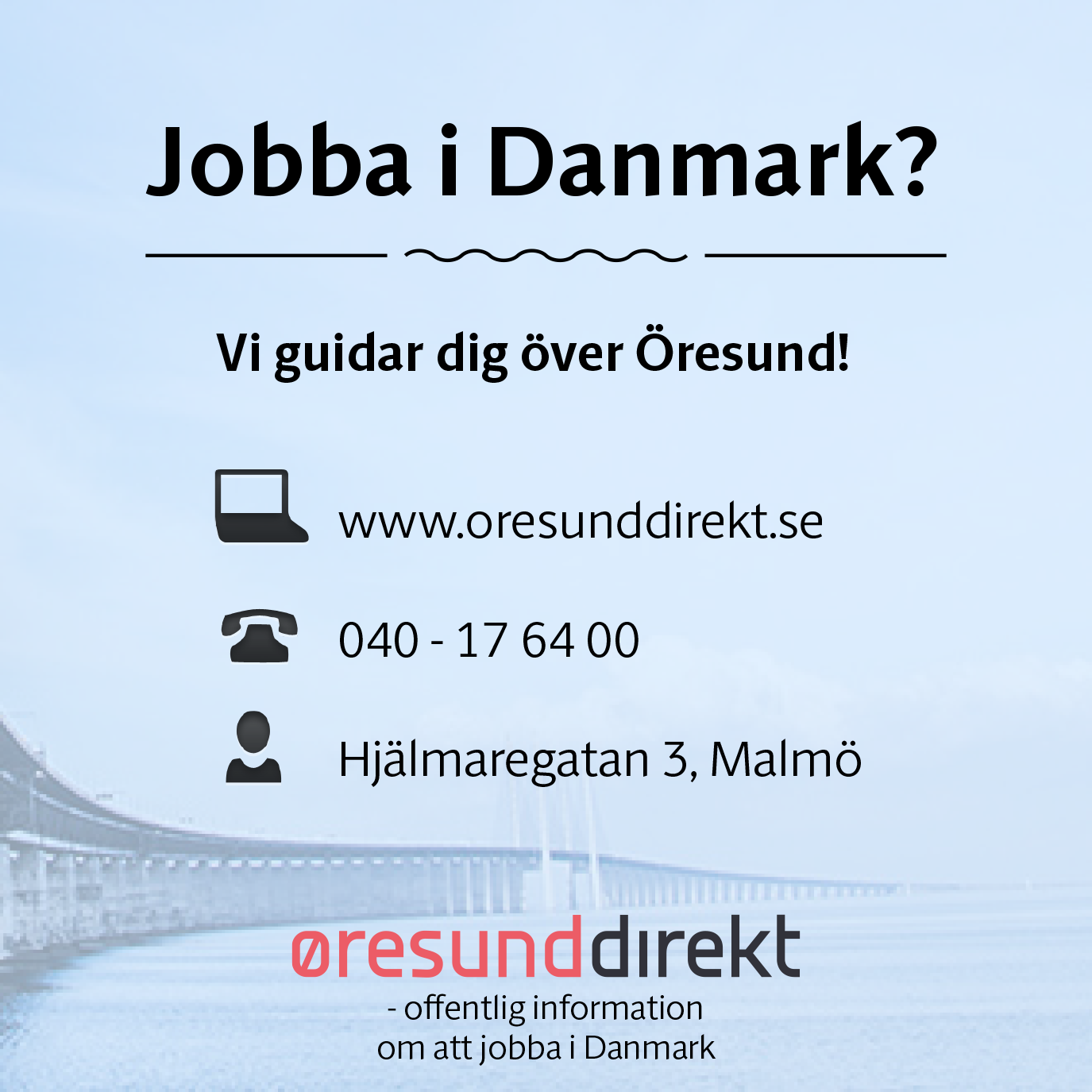A former Lund student recounts her experience on a ship-based expedition along the Canadian High Arctic and Western Greenland.
It had been a whirlwind of a summer. After finishing my exchange at Lund University in the spring of 2017, I found myself camping and couch-surfing across Sweden, surfing in Portugal, visiting family in England, road-tripping across California, and returning to my hometown in Ontario, Canada. Within roughly one week of settling at home, I was headed to the Arctic to join 120 passionate students and 80 inspiring educators from around the world on the Students on Ice 2017 Arctic Expedition. I’d seen my fair share of awesome places, but none of these would compare to my transformative time in the North.
My experience in the Arctic was largely defined by the people who joined me. Ninety percent of the students, including myself, were provided full scholarships to join the expedition. Our ages ranged from fifteen to twenty-five, and we came from a wide range of economic and cultural backgrounds. The educators were equally as diverse: a fusion of politicians, historians, artists, Inuit elders, scientists, and explorers offering their personal expertise. Together, we engaged in a diverse range of topics including indigenous reconciliation, impacts of climate change, and the future of the North.
Starting in the small Arctic hamlet of Resolute Bay, Canada, we boarded a small Russian expedition ship, the MS Ocean Endeavour – our home for the following weeks to come. We sailed through Nunavut’s Archipelago, across the Davis Strait, and down the West coast of Kalaallit Nunaat, or Greenland as it is known in English. Along the way, we regularly disembarked from the ship, exploring small coastal communities and natural landmarks. A few notable stops included: Beechey Island, where we walked amongst the gravestones and debris from shipwrecks of Arctic explorers, and Evighedsfjord, where we paddled in traditional kayaks (or qajaqs, in Inuktitut) surrounded by luminescent jellyfish.
Engaging in cultural traditions humbly revealed the Inuit’s generosity, resilience, and connection to the land. For instance, I ate muktuk (raw whale blubber) and learned why traditional country food is vital to Northern people. I felt a sense of communal trust when I joined Inuit elders in a talking circle, surrounded by the bones of their ancestors, that had been scattered by grave-rummaging polar bears. I discovered the intimacy and complexity of Inuit throat singing. And,
I was captivated by Arvaarluk Kusugak, the author of one of my favorite childhood books (A promise is a promise) sharing the tales he was told in his grandmother’s igloo as a young Inuk. Having these cultural traditions woven through my experience left me with a huge admiration towards the Inuit.
While my appreciation for the Arctic continued to grow, I was watching the land and its inhabitants pay for the rest of the world’s actions. I spoke to fellow Inuit students who shared their first-hand experiences with the North’s chronic rates of alcoholism, abuse, and suicide- problems that have been passed down for generations, stemming from a tragic history of colonialism. I hiked to the Ilullissat Icecap, a UNESCO World Heritage site, and learned that it is receding twelve meters a day. I befriended a kind Inuit Elder, who shared that her son, a highly skilled hunter, drowned by falling through the thinning sea ice. All around us, there were signs that the Arctic was degrading at a nearly incomprehensible rate.
It was heartbreaking to witness such incredible nature and wildlife silently suffer from the impacts of climate change. At one point, twelve of us were seated in a small zodiac boat, situated between two mountains and a towering glacier. Floating in the ocean were thousands of mango-sized blocks of ice, or baby icebergs as we called them. Air bubbles that had been trapped inside glacial ice for thousands of years were now escaping, creating a chorus of popping noises. It sounded like we were floating in a giant bowl of Rice Krispies. Over these pops came a thunderous rumble. Our eyes focused on the glacier in front of us as it calved. It was a spectacular sight. Yet, I felt a pang of guilt; we were witnessing this glacier fall apart and we knew it was only a matter of time until it would be gone forever.
As a Canadian, I feel particularly proud of the Arctic’s rich culture and raw natural beauty. Yet, I am saddened to see the North facing a myriad of social and environmental crises without the support it needs. The Arctic is a truly exceptional place- I struggle to find the words to describe it. It feels like I am keeping a secret that I want to share, but it can only be shared through experience. If the rest of the world had the opportunity I have had, the Arctic would be regarded with the highest admiration, and its protection would undoubtedly be a common priority to all. It is easy to live our daily lives without stopping to consider what is happening in a region far above us. We need to acknowledge Arctic issues as our own and take an active stance towards mitigating them. In doing this, we can protect the Northern traditions, environment and inhabitants, and we can ensure that future generations will have the opportunity to experience the same Arctic that I have visited this summer.









